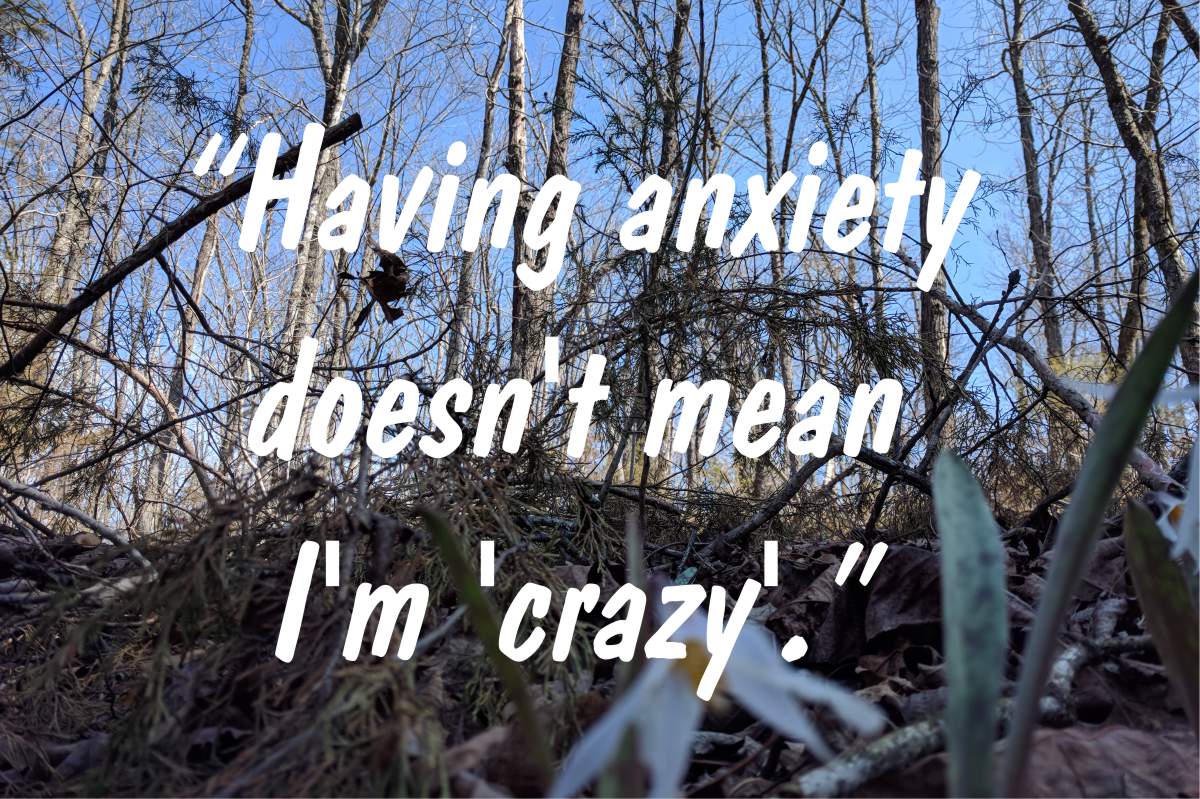










Popular Articles
Crazy-Makers: Dealing with Passive-Aggressive People
Why Are People Mean? Don't Take It Personally!
Struggling to Forgive: An Inability to Grieve
The Secret of Happiness: Let It Find You (But Make the Effort)
20 Steps to Better Self-Esteem
7 Rules and 8 Methods for Responding to Passive-aggressive People
What to Do When Your Jealousy Threatens to Destroy Your Marriage
Guide to How to Set Achieveable Goals
Catastrophe? Or Inconvenience?
Popular Audios
Audio Version of Article: Crazy-Makers: Passive-Aggressive People
Audio Version of Article: Why Are People Mean? Don't Take It Personally!
15 Coping Statements for Panic and Anxiety
by Monica A. Frank, PhD
Coping statements can be part of your strategy to manage anxiety. What are coping statements? When you struggle with anxiety you are usually engaging in fearful and/or inaccurate self-talk which tends to increase the anxiety. The purpose of coping statements is to counter this anxious self-talk.
This series provides an explanation of some common coping statements. The best way to use them is to identify the ones that are most calming to you and repeat them over and over when you are anxious sort of like a mantra. Combining a single statement with taking slow breaths can be particularly helpful.
Coping statement #10: “Having anxiety doesn't mean I'm 'crazy'.“
You don't lose touch with reality when you are anxious even though it sometimes feels that way. The two symptoms that are disturbing because they often cause those with high anxiety to feel "crazy" are derealization and depersonalization. Both of these symptoms are aspects of heightened awareness.
As discussed with previous coping statements, the autonomic nervous system (ANS) is preparing the body to do something (fight or flee) when faced with a threat and heightened awareness is part of this preparation. However, when you experience hyper-awareness your perspective is different from your normal experience which makes it seem abnormal.
1) Derealization. Sometimes when people experience high anxiety they feel as if things around them are not real. I was once in a car accident in which I saw the car coming towards us and it seemed for that moment time had slowed down. Many people experience this during emergency situations. The reason is because our brain is speeding up trying to process the incoming information in order to react quickly. When the brain speeds up everything seems different which can seem unreal.
2) Depersonalization. For some people with anxiety they feel very detached from their body almost as if they are watching someone else. It feels as if their thoughts and feelings and memories are not their own. Again, during emergencies our bodies need to detach from emotions and thoughts that can be distracting. I've had many clients with anxiety disorders who report that during a true emergency they are very calm and equipped to handle it. I believe the reason is because they know how to detach and focus on the emergency. The problem is when these symptoms occur when there is not a true emergency.
Understanding derealization and depersonalization
The more that those with these symptoms understand the experience of derealization and depersonalization, the more capable they are in coping with it. The ANS is in a hyper-awareness mode. Of course, that's why people with anxiety are sometimes afraid of this symptom—because it is not the normal, everyday experience. Since it is occurring when there is not a true emergency and doesn't feel normal they assume something is wrong with this state of being.
However, the body can't distinguish between a true emergency and anxiety created by irrational fear. The body just reacts. It is up to the brain to evaluate the situation which means consciously assessing the situation and talking yourself through it. By understanding what derealization and depersonalization are and why they occur you can recognize that it is not a sign of something wrong with you. Instead it is a sign of your ANS working as it is supposed to. Knowing that can help you reassure yourself that you are okay.
Permission to reprint this article for non-commercial use is granted if it includes this entire copyright and an active link.














